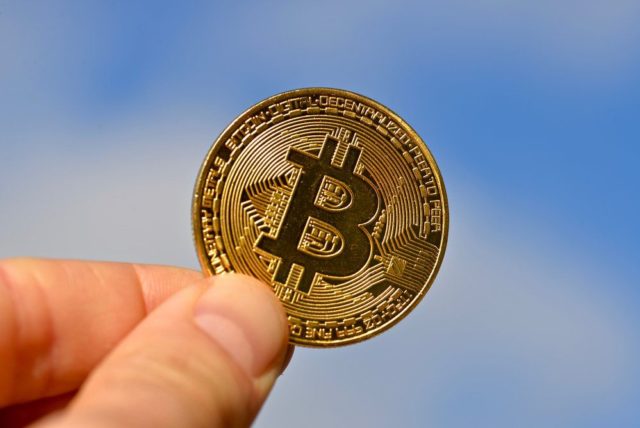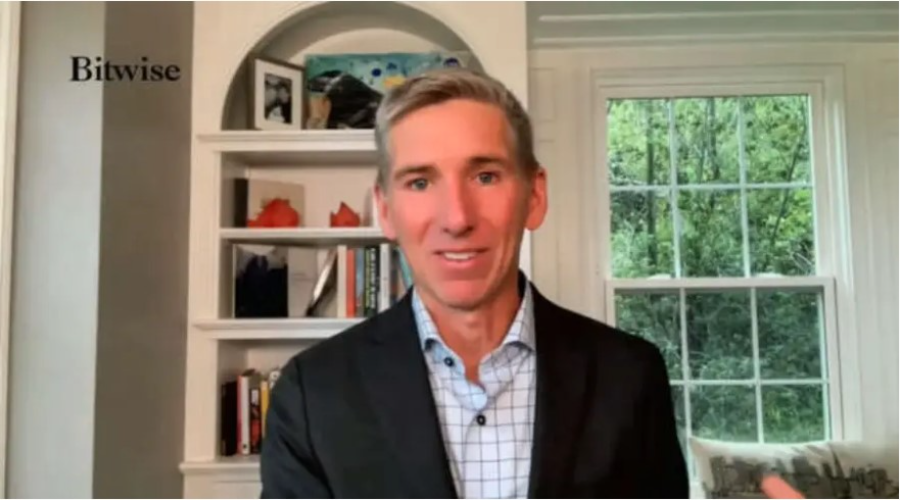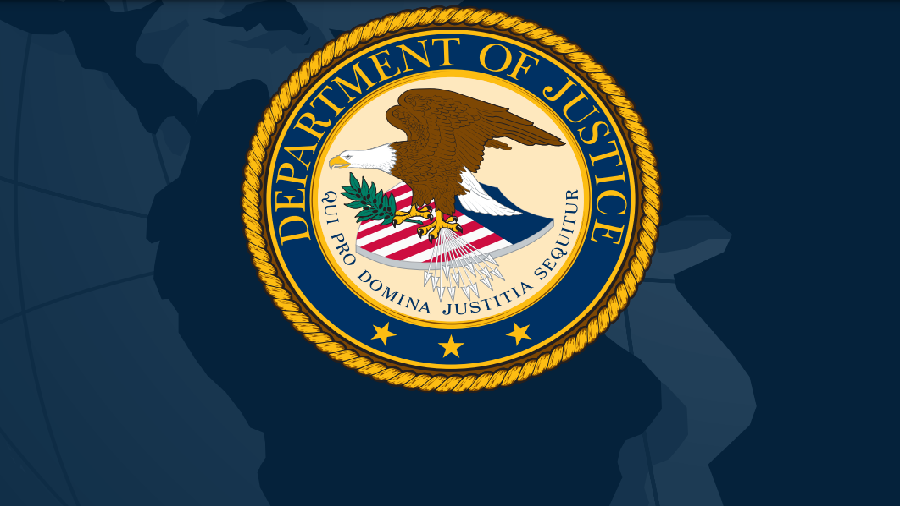Vigorous locks, dark curls that give the idea of being soft and elastic. Thus, it happens to feel an irresistible desire to touch – without asking permission – the hair of black people. Here, that whim should not be indulged. And the reasons are many and varied. Likewise, jokes that may seem harmless are actually terribly aggressive and offensive: it would be a good idea to become aware of them and avoid proposing them. Today the issue of racial injustice is increasingly felt and brings millions of people to the streets around the world.
March 1 arrives in Italy, for the Tlon editions, «And so you want to talk about race?»which according to the New York Times was among the best-selling books of 2020 (the year of George Floyd’s death and the global explosion of the movement Black Lives Matter): it is a real guide for an informed discussion on racism, written by American activist Ijeoma Oluowho drew on his personal experience and knowledge on the subject.
Here are some of the issues that emerge in daily interactions, and in which the author has unmasked racist prejudice.
Why can’t I touch your hair?
“You don’t touch a person anywhere on the body without their consent or without a valid reason. There’s a reason we teach our children the concept of “personal space.” If you don’t go around touching random people on the back, why would you do it with your hair? Don’t touch people who don’t want to be touched. (…) Your hands are dirty. You haven’t washed them. Remove your hands and your germs from hair that is literally inches from my face. (…) This gesture not only deprives a person of dignity, but also denies him the decision-making autonomy regarding her body, and it is something that white supremacism has always done towards people of color ».
What are microaggressions?
“Microaggressions are petty everyday offenses and humiliations perpetrated against marginalized or oppressed people because of their belonging to a marginalized or oppressed group. (…) Let’s take a look at how they present themselves to black people in everyday conversation. «Are you the first person in your family to graduate?», «Did they hire you thanks to inclusion programs?», «Wow, you sound like a native speaker», «You are not like other blacks», «Why do blacks give such funny names to children?», «What a ghetto thing», «Is it your real hair? May I touch them?», «Do you listen to classical music? I thought you were black», «Wow, you express yourself so articulate», «Your name is too difficult for me. Do you have a nickname?», «Where are you from? No… I mean, where are your parents from? I mean… where does your name come from?», «Do your children all have the same father?», «You don’t look black».
Why can’t I say the word with the no?
“Although at first it was simply a variant of the Latin niger (“black”), it has since become a slur used to demean black slaves in the United States. From the eighteenth century onwards, the word nigger was used almost exclusively to express hatred. The slavers shouted it as they whipped black men, women and children. White people in pickup trucks yelled it as they chased black kids. The men in white hoods repeated it as they prepared to burn a cross on the lawn of a black family. They spat it at the bodies of hanged blacks. It’s a very powerful word with a very painful history.
What is Racism?
«The most common definitions of “racism” (according to my conclusions) are the following: 1) racism is any prejudice against a person because of his race; or 2) racism is any prejudice against a person because of his race, if those views are reinforced by systems of power. Although in many ways they are two very similar definitions, the differences between the two drastically change the way racism is considered and addressed. (…) The problem is not only that a white person thinks that blacks are slackers and that it hurts them: the belief that blacks are slackers reinforces and is reinforced by a general discourse that he thinks the same. A discourse that uses that idea to justify the fact that society does not hire black people, denies them to buy and rent a house, discriminates against them at school”.
They just called me a racist. What do I do now?
“If a black person has called you or something you’ve done ‘racist’, you can’t just dismiss them, even if that accusation runs counter to who you’re trying to be. You can’t do this if you really fight for racial justice. If you are grappling with the possibility of your own racism and want to commit, here are some tips. Listen up. First of all, if someone is saying something about you and your actions and you feel that you are about to get angry, take that as a signal that you need to stop and listen. (…) Try to understand the impact of what you have done. Don’t just listen to the actual action: “You always talk over me at business meetings and you don’t do that with white people.” It’s easy to retort by saying “I just didn’t agree with you” or “I didn’t mean to, I was just excited by the observation I was making.” Try to understand the impact that action had: “Your bias invalidates my professional experience and makes me feel isolated and unappreciated, becoming a traumatic concentrate of how I am perceived and treated in the workplace as a Black woman” . Remember that you don’t have all the pieces. You are not people of color. You will never fully understand the impact that systemic and sustained racism has on people of color. You will never fully empathize with the pain your actions may have caused. If you can figure out where you were racist in or where your actions caused pain, apologize. And do it for real.”
Racism, “I’ll explain how white women exploit their tears”
Source: Vanity Fair
I’m Susan Karen, a professional writer and editor at World Stock Market. I specialize in Entertainment news, writing stories that keep readers informed on all the latest developments in the industry. With over five years of experience in creating engaging content and copywriting for various media outlets, I have grown to become an invaluable asset to any team.







